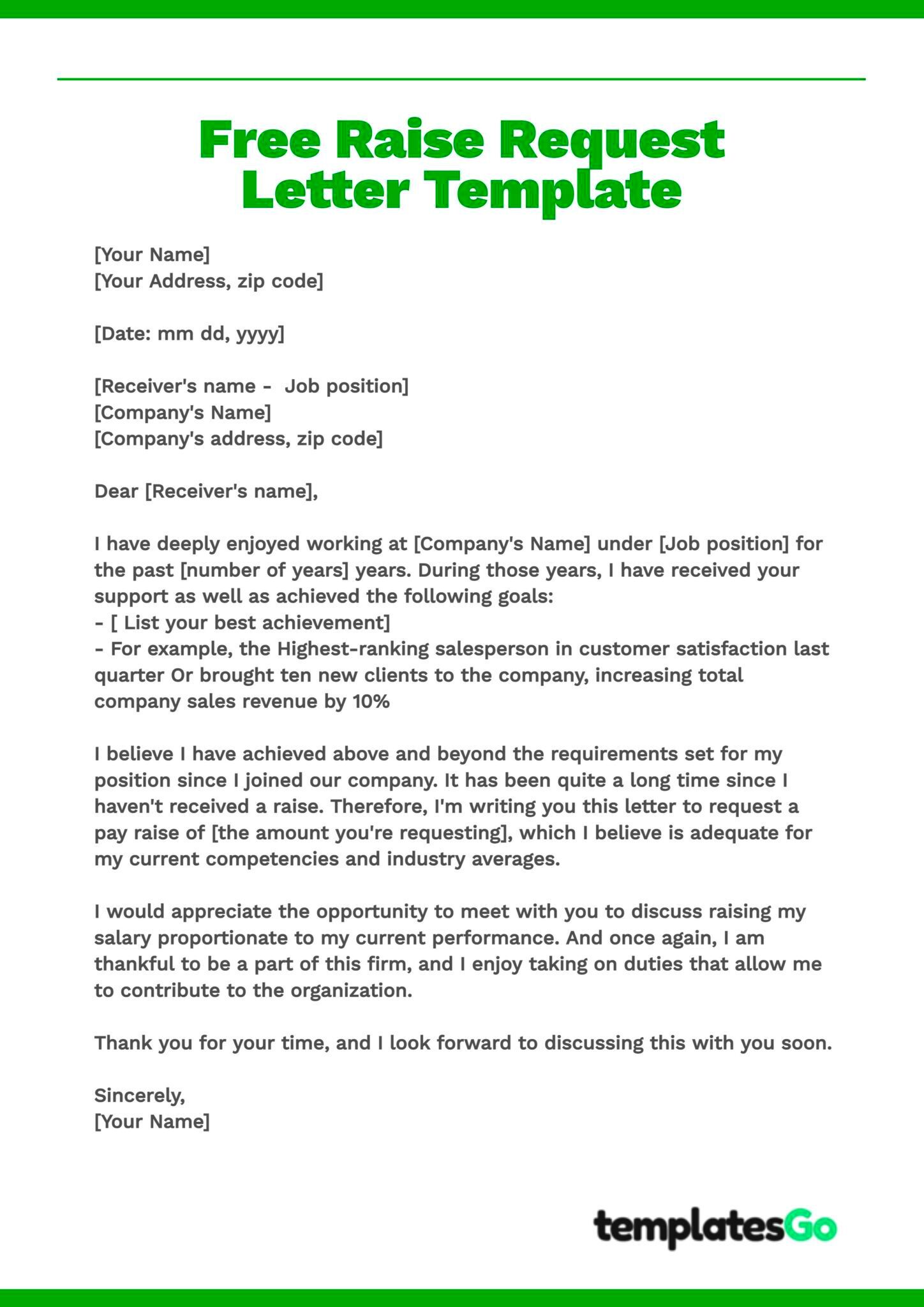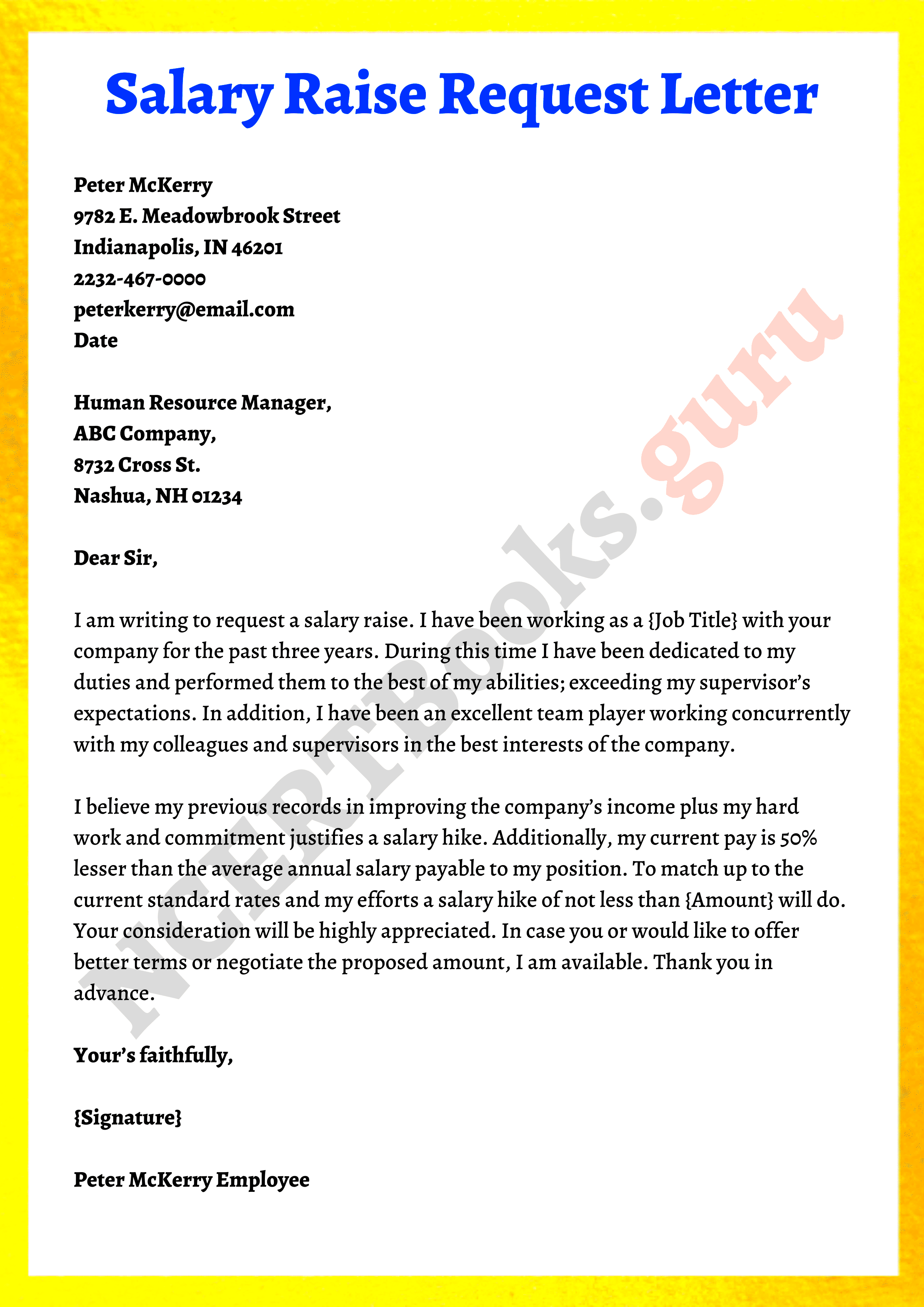As a freelancer, one of the challenges you may face is knowing when and how to request a raise from your clients. Unlike traditional employees, freelancers have the flexibility to set their own rates, but this also means it's up to you to make sure you're getting paid what you're worth. In this post, we will explore the steps you can take to confidently ask for a raise, how to know when the time is right, and tips for negotiating a better rate with your clients.
Understanding Your Value as a Freelancer

Before you can ask for a raise, it's important to understand what makes you valuable to your clients. Your value as a freelancer isn't just about the services you offer; it's also about the quality of your work, your reliability, and your ability to meet deadlines. Consider the following factors when determining your value:
- Experience: The more experience you have, the more value you bring to the table. This includes both the number of years you've worked and the diversity of projects you've handled.
- Skills: Whether it's a specific software proficiency or niche expertise, unique skills can command higher rates.
- Client Feedback: Positive reviews and testimonials from clients can provide strong evidence of your value.
- Consistency: Delivering high-quality work on time, every time, builds trust and increases your value to clients.
Once you’ve assessed your skills and experience, you’ll be in a better position to justify a rate increase. It's also worth comparing your rates to industry standards to ensure you're not underselling yourself.
Also Read This: How to Start a Fiverr Account: A Step-by-Step Guide
How to Determine the Right Time for a Raise

Timing is crucial when it comes to asking for a raise. You don’t want to ask for a higher rate too soon, but you also don’t want to wait too long and miss out on earning more. Here are some signs that it might be the right time to request a raise:
- Completed Successful Projects: If you’ve completed several projects successfully, with positive feedback from clients, it’s a good indication that you're ready for a raise.
- Increased Workload: If you’re consistently booked with more work than you can handle, it’s a sign that your services are in demand and your rates should reflect that.
- Changes in the Market: If your industry has seen growth or a shift that increases the value of your skills, it might be time to adjust your pricing accordingly.
- Long-Term Client Relationships: If you’ve been working with a client for an extended period and have demonstrated your reliability and expertise, asking for a raise can be seen as a natural progression.
Remember, the best time to ask for a raise is when you can show that your skills and contributions have directly benefited your client’s business.
Also Read This: What is 3D Mockup in Fiverr?
Preparing Your Case for a Raise
Before you approach your client with a request for a raise, it's essential to prepare a solid case that justifies the increase. Simply asking for more money without clear reasoning could make clients hesitant or uncomfortable. Here’s how to build a compelling case:
- Review Your Achievements: Start by listing your contributions to the client’s business. Have you helped increase their sales, improve processes, or contribute to important projects? Highlight your successes and how they directly impacted the client’s bottom line.
- Show Industry Trends: Research industry standards for your role and experience level. Use data to back up your claim that your rates are in line with what others are charging in your field.
- Present a Clear Comparison: Compare your current rates with what you believe is fair given your experience and expertise. If you've taken on additional responsibilities or gained new skills, point these out as reasons for a higher rate.
- Prepare for Pushback: Be ready to handle objections. Clients may not be ready for a raise, and they might offer counterarguments. Stay calm and present your case confidently, but also be open to discussing other options if needed.
Having a well-thought-out case will show your client that you’re professional, knowledgeable, and deserving of a rate increase.
Also Read This: How to Use Fiverr to Earn Money
How to Approach Clients Professionally
When you ask for a raise, your approach matters just as much as the reasons behind it. A professional and respectful tone is key to maintaining a positive working relationship. Here’s how to approach your clients:
- Choose the Right Timing: Don’t bring up a raise during a busy or stressful time. Look for moments when the client is in a good mood and has time to discuss your request calmly.
- Be Clear and Direct: Clearly explain why you’re asking for a raise. Let them know how your work has evolved, what you’ve contributed, and why an increase is appropriate.
- Offer Value: Emphasize how your work continues to bring value to the client. This could be through improved quality, efficiency, or specific results you’ve achieved.
- Be Open to Discussion: Approach the conversation as a collaboration rather than a demand. Be open to discussing your rate and willing to negotiate terms if necessary.
By being professional in your approach, you make it easier for the client to consider your request seriously and ensure that you maintain a good working relationship.
Also Read This: Does Fiverr Have an API?
Negotiating Tips for Freelancers
Negotiating a raise as a freelancer can be tricky, but with the right strategies, you can navigate the process successfully. Here are some key tips to help you during negotiations:
- Know Your Worth: Confidence is crucial when negotiating. Understand the value you bring to the table and be prepared to articulate it clearly to your client.
- Set a Range: Instead of a fixed amount, give your client a range for your new rate. This shows flexibility and gives them room to negotiate, while still ensuring that you get a fair rate.
- Consider Other Benefits: If the client can’t meet your rate, consider negotiating for other perks like flexible hours, extended deadlines, or additional project opportunities.
- Don’t Undersell Yourself: Avoid offering too many discounts or reducing your rate to keep the client happy. This may hurt your earning potential in the long run. Be firm but fair with your pricing.
- Be Ready to Walk Away: If negotiations don’t go as planned and the client isn’t willing to meet your terms, be prepared to walk away. Sometimes, standing your ground can show that you value your skills and are not afraid to seek opportunities elsewhere.
Negotiation is a skill, and with practice, you’ll become more comfortable with asking for higher rates. The key is to stay professional, respectful, and open to finding common ground.
Also Read This: Can You Cancel a Fiverr Order?
Common Challenges in Asking for a Raise
Asking for a raise can be daunting, and there are several challenges freelancers often face when it comes to negotiating a higher rate. It's important to be aware of these obstacles and be prepared to handle them effectively. Here are some common challenges you might encounter:
- Fear of Rejection: One of the biggest fears freelancers face when asking for a raise is being turned down. This fear can prevent you from even making the request. The key is to focus on the value you bring to the table and remember that it’s a normal part of freelancing to negotiate rates.
- Client Budget Constraints: Some clients may have limited budgets, making it difficult for them to agree to a raise. In this case, be flexible and open to alternative solutions, such as a phased increase or a compromise on deliverables.
- Timing Issues: Asking for a raise at the wrong time can backfire. If your client is going through financial difficulties or dealing with other stressors, it may not be the best moment to bring up a rate increase. Be mindful of the client’s situation and choose your timing wisely.
- Underestimating the Market Rate: If you’re unaware of current market rates or industry trends, you may either undervalue or overvalue your services. This can lead to frustration on both ends. Research industry standards before setting your rates or requesting an increase.
By understanding these challenges and preparing for them, you’ll be better equipped to handle any bumps in the road when asking for a raise.
Also Read This: How to Post an Ad on Fiverr
Frequently Asked Questions
When it comes to requesting a raise as a freelancer, there are many questions that can come up. Below are some of the most frequently asked questions about the process:
- When is the best time to ask for a raise? The best time is typically after successfully completing a few projects or when you’ve been consistently adding value to the client’s business. It’s important to show evidence of your contribution and how it has positively impacted the client.
- How much of a raise should I ask for? The amount depends on your current rates and the industry standards for your skill set. A good rule of thumb is to ask for a raise that reflects the value you’re bringing and is aligned with the market rate for similar freelancers.
- What if the client says no? If the client declines your request, ask for feedback on why they are unable to meet your rate. If possible, negotiate for other benefits, such as future raises or additional responsibilities.
- How can I make a raise request without damaging the relationship? The key is to be respectful and professional. Approach the conversation as a discussion, not a demand, and focus on the value you’ve provided to the client. Be open to negotiating and maintaining a positive, long-term working relationship.
These answers can help guide you as you navigate the process of asking for a raise and address any concerns you may have along the way.
Conclusion: Key Takeaways for Successfully Requesting a Raise
Asking for a raise as a freelancer can be intimidating, but with the right approach and preparation, it can lead to positive results. Here are the key takeaways to keep in mind:
- Know Your Worth: Be confident in the value you bring to the client. Understand your skills, experience, and the impact you’ve had on their business.
- Prepare Your Case: Build a solid case for your raise by highlighting your successes and how they’ve benefited the client. Use data and industry comparisons to support your request.
- Approach Professionally: Be respectful, clear, and direct when communicating with your client. Timing matters, so choose the right moment to have this conversation.
- Be Ready to Negotiate: Expect a negotiation and be open to compromise. Whether it’s a phased increase or other benefits, flexibility can help you reach an agreement.
- Handle Rejection Gracefully: Not every request will be accepted. If a client declines your raise, be professional and explore other options, such as future opportunities or additional benefits.
With these tips, you can confidently request a raise and increase your chances of success. Keep in mind that as a freelancer, your value is not just in the work you do but also in how you communicate and negotiate your worth.




